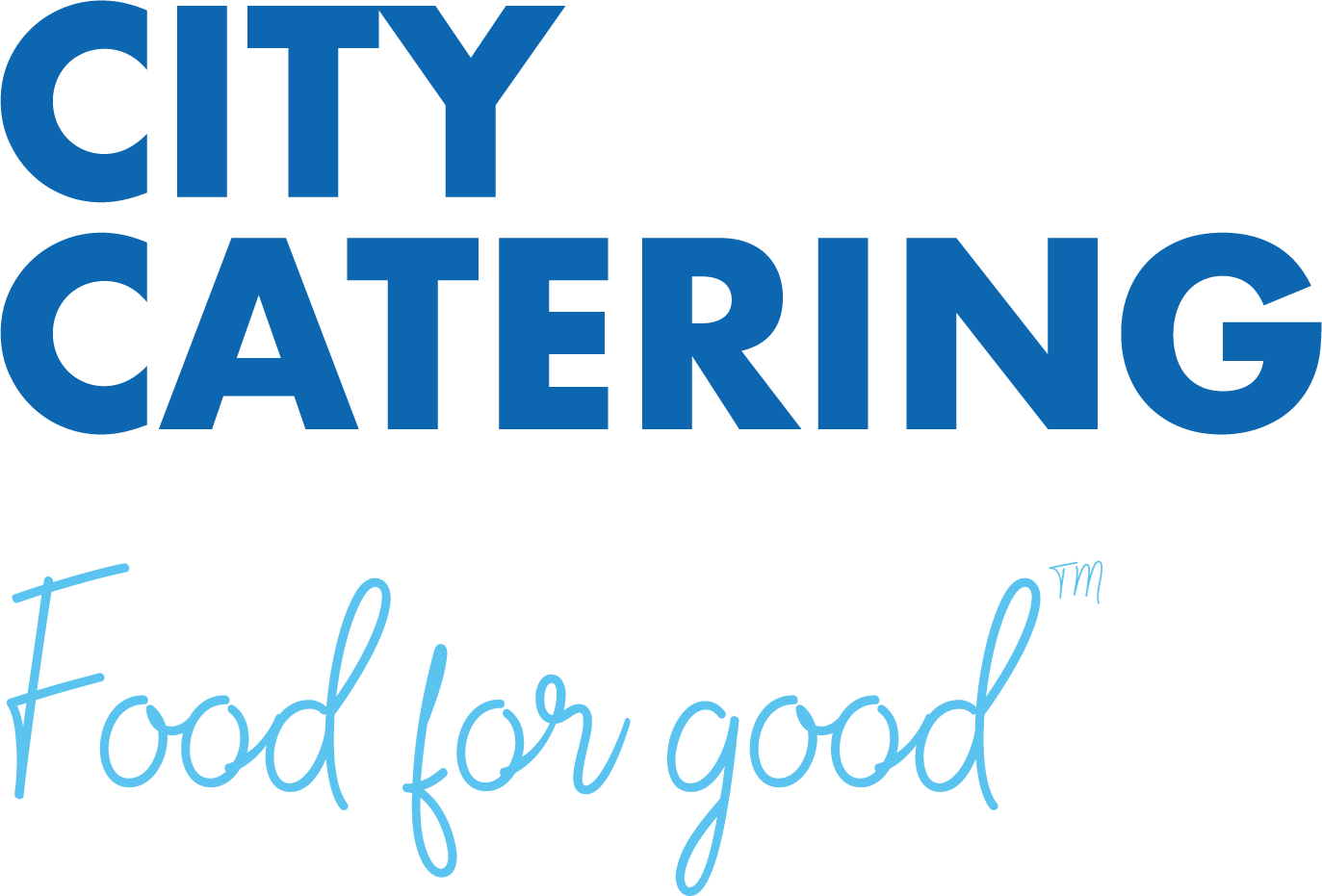The results of how access to food in Southampton has been affected by Covid-19
There’s no doubt about Covid-19’s negative impact on food insecurity around the globe. The threat of the virus and the restrictions imposed by lockdown posed a new set of challenges. It was evident, very early, that access to food was a concern for many, and therefore it was important to us as City Catering to find out how the pandemic affected and, continues to affect, our local community in Southampton. By understanding this more, we hoped that it would help us and others support our community in their time of need.
We constructed two surveys as part of our work with the Holiday Provision Steering Group, in associated with University of Southampton, Southampton City Council and Radian. Our main survey aimed to find out how the crisis had impacted households in relation to food access and the other, on how organisations changed the support offered to Southampton households during the crisis. You can find out more about the objectives of the research in our previous blog post.
Continue reading to find out the results of the surveys and to download the PDF reports which include all the graphs and stats. We are very grateful for everyone who took the time to share their experiences.
How households in Southampton have been affected by Coronavirus
After analysing the 737 responses we received, the results showcased what we were deeply concerned about; Coronavirus is having a devastating effect on households, and their food insecurity, in Southampton. It echoed national findings from The Food Foundation. It’s clear from the data that there has been a visible increase in people accessing support in order to get food for themselves and/or their family. In most cases, this meant leaning on family and friends for support - something many families will relate to . We’ve also noticed visible spikes in accessing local community groups, food banks and schools to help with access to food.
We’ve noticed a move from ease, freedom and independence in relation to food access to stress, challenges and logistical issues, fuelled with negative experiences. With many people being made furloughed or redundant, as well as barriers for vulnerable people such as reduced public transport or social distancing, it was no surprise that there was a visible increase in food shortages. Our concerns with these challenges is the rise in food insecurity: the state of being without reliable access to a sufficient quantity of affordable, nutritious food. It was clear that, as a result of the pandemic, some families were now more unable to eat balanced meals, often skipping meals entirely or reducing portion sizes. Twice as many people reporting going hungry since the start of the pandemic compared with data pre-lockdown.
You can download the full illustrative report of our findings below:
How organisations have changed the support that they offer in response to the pandemic
Many organisations, charities and community groups rapidly stepped up to the challenge and were a great source of help since March, when lockdown started in the UK. As they were helping to improve access to food for vulnerable people in our local community, we were keen to understand how groups were coping. Our results show a 14% increase in organisations providing food support to the Southampton community since March, with the three most common ways that these organisations helped being through the delivery of food parcels, signposting for support and/or providing food vouchers.
These organisations have also worked hard to support a wider range of beneficiaries since the start of Covid-19. They have supported a wider geographical area, received more referrals from schools and welcomed beneficiaries who have been furloughed or made redundant, amongst others.
Just like with everyone, Coronavirus has posed its own set of drawbacks for organisations trying to combat issues relating to food access in Southampton, specifically logistical issues relating to social distancing and appropriate funding.
You can download the full illustrative report of our findings below:

